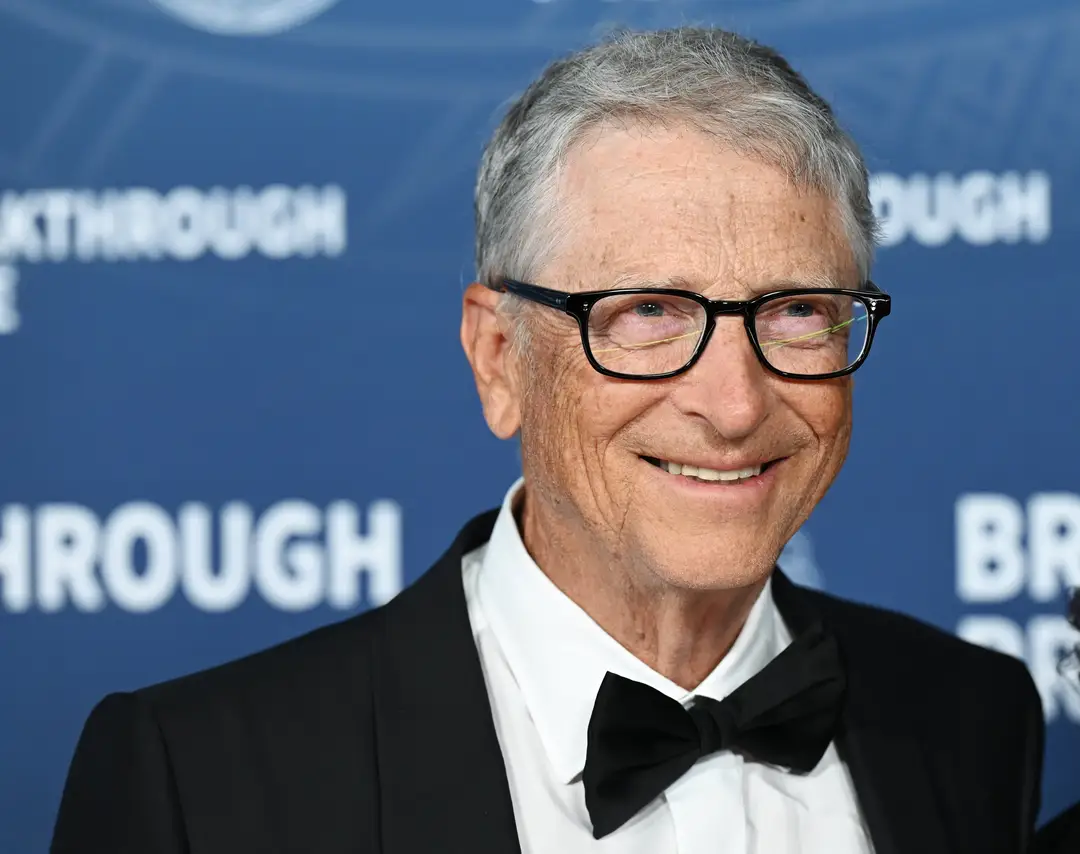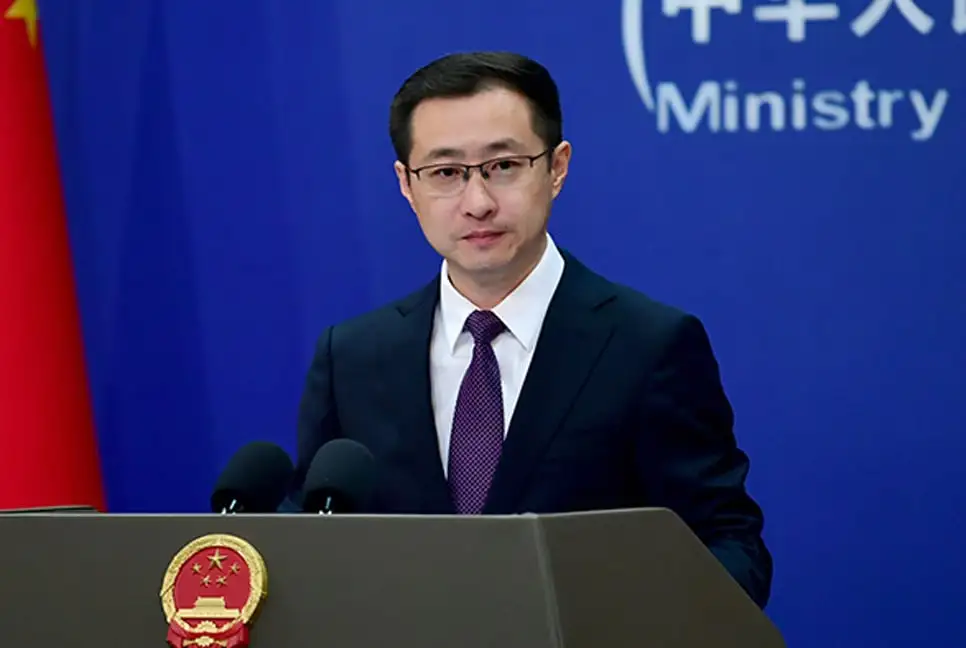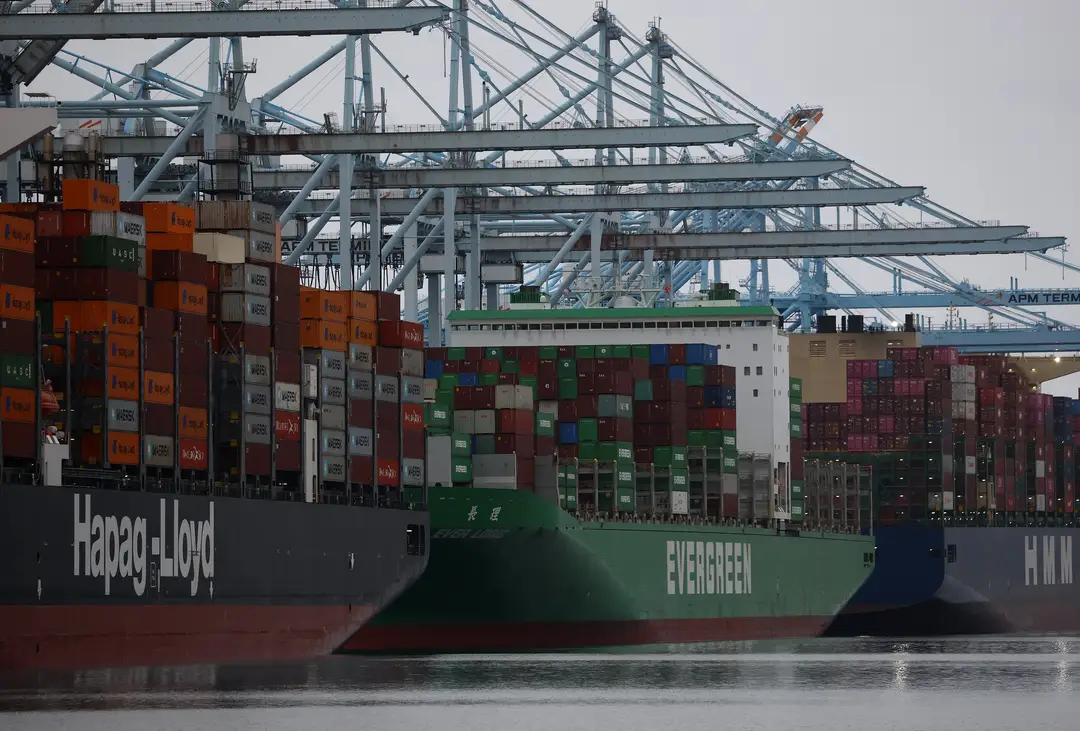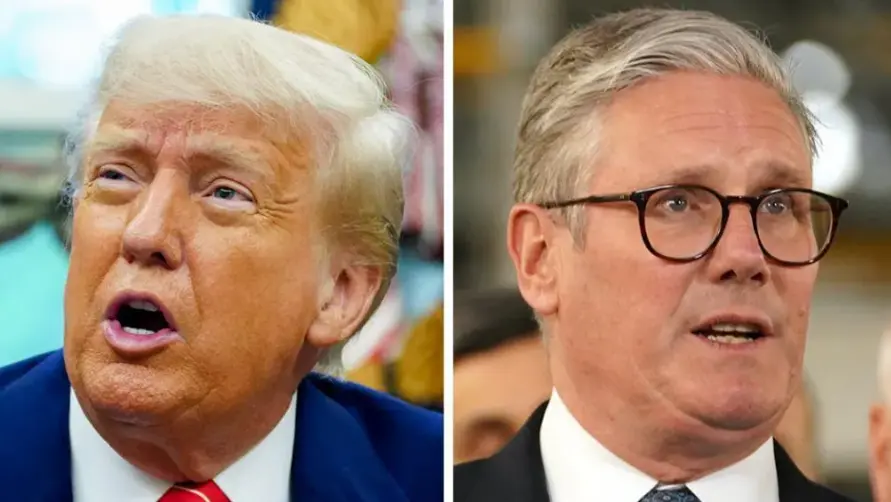In a powerful appeal to action, billionaire and Microsoft co-founder Bill Gates has urged rich countries to embrace the moral and pragmatic obligation of reaching net-zero carbon emissions. Gates argues that they “owe it to the world” not only to lower their own emissions but to make cleaner technologies cheaper, creating a model for other countries to follow.
The Obligation of Rich Countries
Gates brings to the forefront the uneven level of contribution made by rich nations to past greenhouse gas emissions. He believes that these countries are obligated to be at the forefront of reducing climate change by being net-zero-emitters as soon as possible. This leadership means investing in research and development so that clean technology becomes cheaper and more accessible everywhere.
The wealthy nations owe the world not just to cut their emissions but to bring down the price of these green goods,” Gates stated in a recent public speech.
This is not only a moral imperative but also a strategic one: by reducing the cost of green innovations, the whole world—low-income countries included—is helped by faster adoption of clean technologies.
Innovation and the Green Premium
At the heart of Gates’s climate plan is the concept of the “green premium”—the extra price of opting for clean technology compared to conventional fossil-fuel-based solutions. In Gates’s view, there is only one way to accomplish worldwide adoption: by eliminating or dramatically decreasing the premium.
He emphasizes bold government action, public-private investment, and venture capital finance in order to fund new climate solutions like clean hydrogen, zero-carbon steel and cement, and advanced nuclear power.
“If we can make green alternatives as low-cost as, or less expensive than, continuing with our existing dirty solutions, we transform the whole economic math,” Gates added.
Breakthrough Energy and Private Investment
To aid the innovation community, Gates founded Breakthrough Energy in 2015, a group of investment funds, nonprofit initiatives, policy work, and fellowships focused on speeding up the pipeline of climate technologies. The venture finances viable yet high-risk innovations in energy, manufacturing, transport, and agriculture.
Breakthrough Energy Ventures has invested in over 100 startups, such as those working on carbon capture technology, long-duration energy storage, and plant-based meat substitutes.
Gates contends that rich people and companies have an obligation to fund these endeavors—not only for moral purposes, but because climate instability also jeopardizes global markets and long-term financial stability.
Equitable Climate Action
In addition to domestic action, Gates emphasizes that wealthy countries need to financially support developing nations in climate adaptation and clean infrastructure development. The Green Climate Fund and other climate finance institutions are key to this, but Gates is calling for a scaling up and efficiency.
“If clean technology is still too costly, only rich nations will be able to afford it. That’s not a solution. We must make it a global public good.”
This involves investing in renewable energy projects, enhancing agricultural productivity to respond to catastrophic weather, and investing in early warning systems for at-risk groups.
Education, Policy, and Political Will
Gates further observes that, while technological breakthroughs are important, public education and political will are no less critical. Governments must have strong climate policy—carbon pricing, emissions rules, tax incentives, and clean energy standards—to drive demand for sustainable innovation.
He cautions that without aggressive policy action, the private sector itself won’t respond quickly or broadly enough. “We need concerted global action that makes clean choices the easiest and cheapest ones.”
In addition, Gates advocates increased climate literacy within education systems so that the next generation of scientists, engineers, and voters can address the crisis.
Time is Running Out
Gates has consistently reiterated the slim margin humanity has in which to act. In his 2021 book How to Avoid a Climate Disaster, he cautioned against the long-term risk of doing nothing: “The impacts of climate change will mainly hurt the world’s poorest citizens, but it’s a challenge that everyone will face.”
He analogized the probable magnitude of imminent climate displacement and misery to that of the Syrian refugee crisis, but much worse—inciting conflict, migration, and economic disruption.
“It’s not merely about emissions or science—it’s about justice, security, and global stability.”
Looking Ahead
Gates remains cautiously optimistic, pointing to the rapid development of COVID-19 vaccines as evidence of what the world can achieve when resources, urgency, and collaboration align. He believes the same intensity must now be applied to the climate crisis.
With rich nations such as the U.S., the UK, Germany, and Japan committing net-zero targets around mid-century, Gates asserts follow-through is imperative. Target setting is the initial step, but implementation, transparency, and global collaboration are the difficult work.
“We have the tools, the brains, and the money. What we need now is leadership.”







